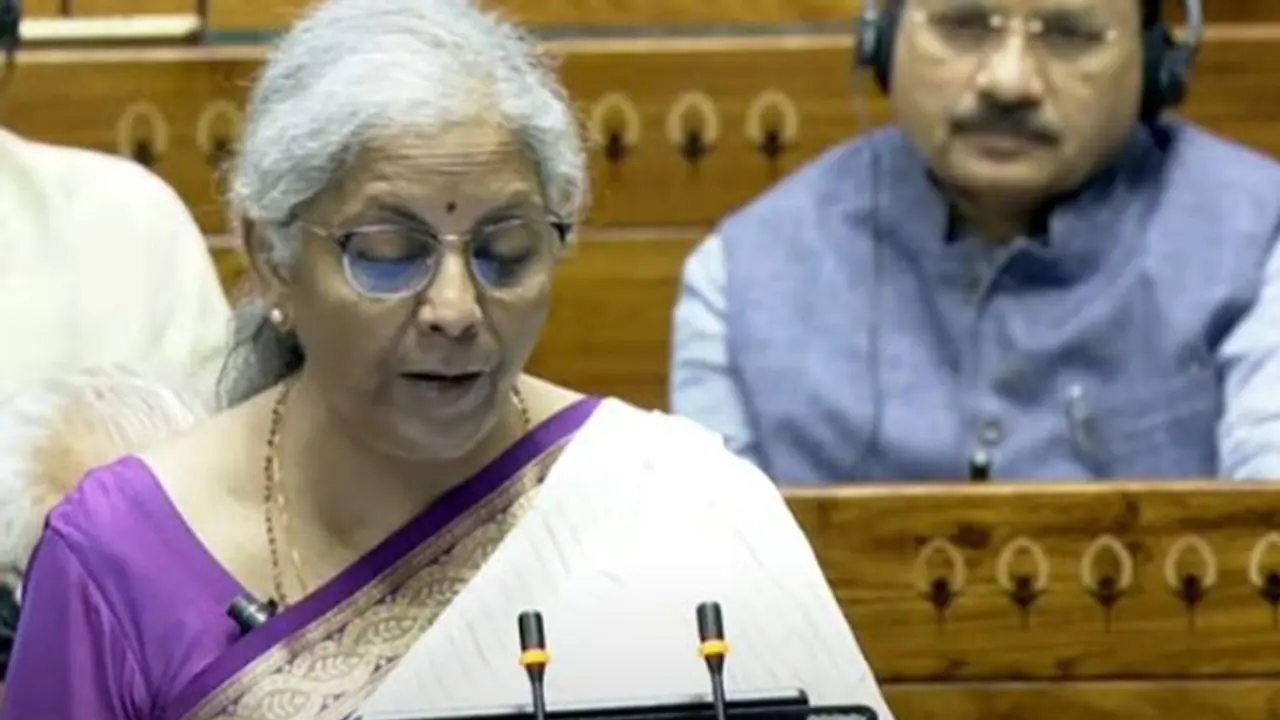Union Budget 2024: The Indian startup ecosystem, buzzing with innovation, faces challenges like Angel Tax under Section 56(2)(viib) of the Income Tax Act. Finance Minister Nirmala Sitharaman proposes its removal to foster growth
Angel tax is imposed on capital raised by unlisted companies through share issuance to Indian investors if the share price exceeds the company's fair market value. The excess amount is considered income and is taxed accordingly. The Indian startup ecosystem is a hub of innovation and ambition, continually growing and evolving. To support this expansion, the government provides various incentives, but one term that often generates discussion is 'Angel Tax.' Finance Minister Nirmala Sitharaman has proposed the removal of this tax.

Despite its name, Angel Tax is not a tax relief. It is a provision under Section 56(2)(viib) of the Income Tax Act, 1961, which categorizes investments received by startups from external investors as 'income from other sources' and taxes it at a 30% rate.
Impact on Startups
Cash Flow Issues: Young startups, often with limited funds, may struggle to manage the additional tax burden along with their operational expenses.
Valuation Challenges: The tax applies to any premium paid over the "fair market value" of shares, potentially leading to disputes between startups and tax authorities regarding valuations.
ALSO READ: Union Budget 2024: Upper limit for Mudra scheme loans DOUBLED; credit support for MSMEs
Growth Impediments: The added tax liability can deter investment, undermining the very innovation and growth the government aims to promote.
Who is Affected?
Startups: Especially those in the early stages that depend heavily on external funding.
Angel Investors: The tax implications can make angel investors more cautious, potentially reducing their willingness to invest in startups.
Recent Developments
In response to these concerns, the government has introduced several exemptions and clarifications:
DPIIT Recognition: Startups recognized by the Department for Promotion of Industry and Internal Trade (DPIIT) are generally exempt from Angel Tax.
Higher Investment Limit: The threshold for investment from a single angel investor that can be exempted from Angel Tax has been increased.
The proposed removal of the Angel Tax is expected to create a more supportive environment for angel investments, ultimately benefiting the entire startup ecosystem. This move is anticipated to help India become a global hub for innovation.
